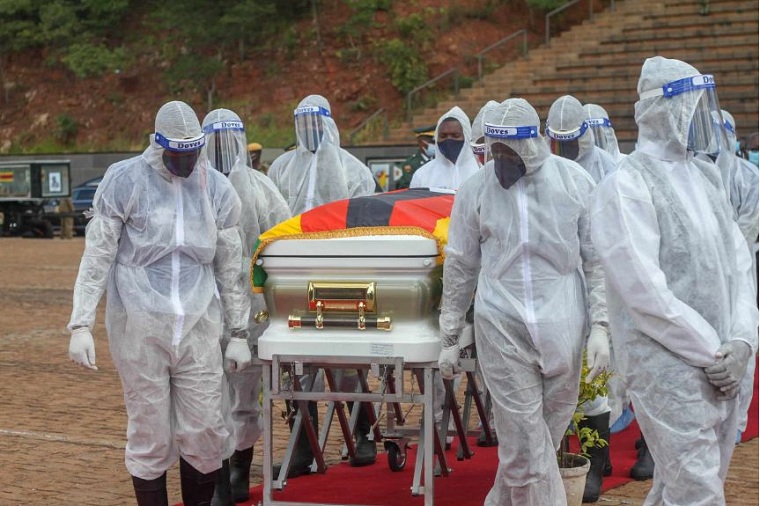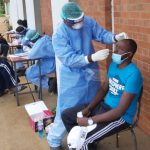Dube added that Zimbabwe is failing to cope with its COVID-19 caseload and that the system has crumbled.
“All along, we thought it was collapsing, we thought it was a gradual disintegration towards the end. But actually when the second wave hit, we literally collapsed,” she said.
“[If] you are a health worker … and [Foreign] Minister Sibusiso Moyo comes there [to the hospital] sick, you run like a headless chicken trying to make sure — but you have nothing to use, you have nothing at your disposal. Eventually the minister will die,” Dube said.
Moyo died in a local hospital on 20 January after contracting COVID-19.
Itai Rusike, executive director at Zimbabwe’s Community Working Group on Health, said that “the spread of COVID-19 — even amongst the political elites, such as cabinet ministers, army generals, and captains of industry — reminds us that nobody is safe until everyone is safe.”
He added that there are hard lessons for political leaders to learn from COVID-19 on the importance of prioritizing domestic health financing and having functioning public health delivery services, especially now that they cannot travel outside the country for medical treatment due to pandemic travel restrictions.
“Health services in Zimbabwe are underfunded with perennial strike actions by nurses and doctors, shortages of essential medicines, poorly equipped hospitals, shortages of PPE [personal protective equipment], and generally low staff morale,” Rusike said.
Dube agreed, adding that Zimbabwe has not prioritized local health investment over the years, since those in government often don’t use their own country’s system.
“There hasn’t been any political will … to try and develop our facilities to world-class standards,” she said.
George Jobe, executive director at Malawi Health Equity Network, said a similar story has played out in Malawi.
Continued next page
(70 VIEWS)


